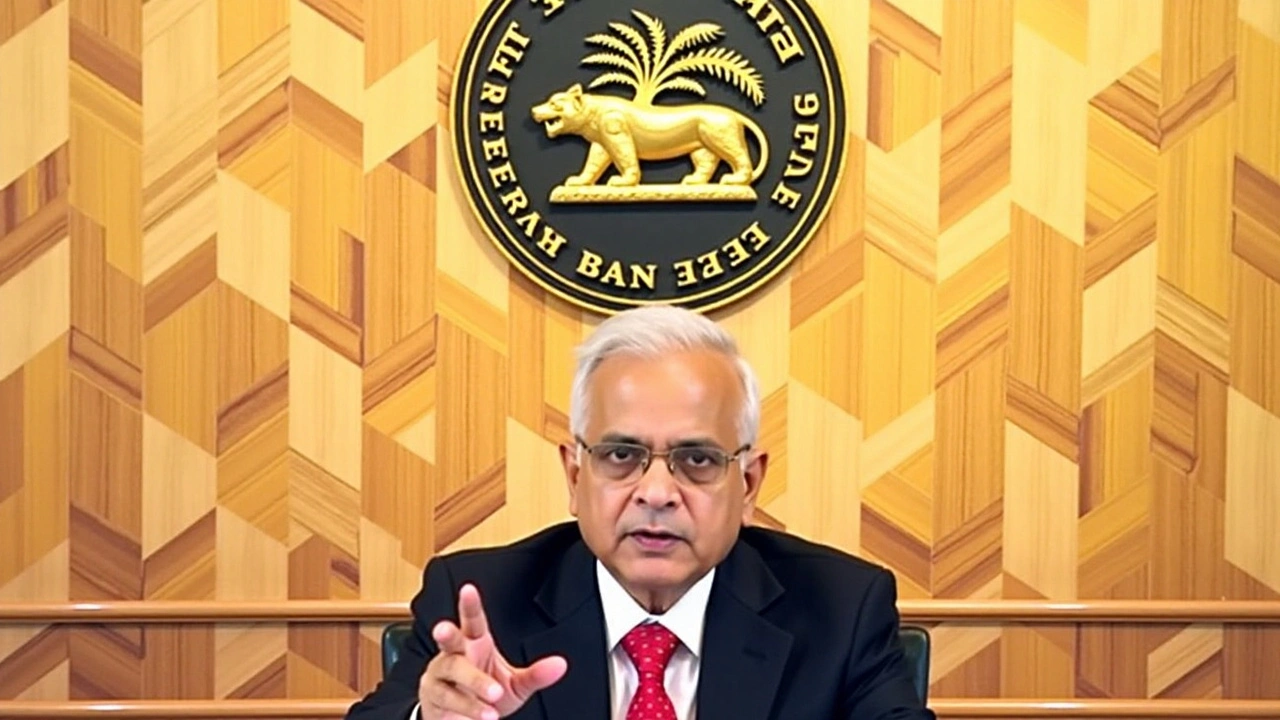Trump tariffs: what they mean for businesses and African exporters
When the Trump administration imposed broad tariffs from 2018 onward, it rewired global trade. Those moves targeted steel, aluminium and hundreds of billions of dollars of Chinese goods. The result was higher import costs, faster reshoring plans and new friction for exporters everywhere.
Here’s how the tariffs worked. The administration used Section 232 for steel and aluminium, citing national security, and Section 301 to punish unfair Chinese practices. Duties ranged from modest percentages to sweeping lists of products. They applied to final goods and many inputs, so manufacturers that relied on imported parts often saw costs rise.
Who felt it first? US manufacturers that use imported metal saw direct cost increases. Retailers and consumers felt higher prices for goods built with those inputs. Global suppliers scrambled to reroute shipments, source new materials or accept thinner margins. Trade partners—from Europe to Asia and Africa—had to rethink supply chains and trade strategies fast.
Practical impact on African businesses
African exporters experienced both risks and short windows of opportunity. Countries that export raw materials or finished goods found demand patterns shifting. For some, US tariffs on Chinese goods opened space for alternative suppliers; for others, higher costs and uncertainty made contracts harder to secure. Exporters of agricultural products, textiles and minerals should watch tariff lists closely because US policy changes can affect freight routes and buyer choices.
What to do now
First, map your supply chain. Know which inputs could be hit by duties if policies return or expand. Second, diversify suppliers and consider regional partners to cut transit time and cost. Third, price with buffer: a small margin cushion protects you from sudden duty hikes. Fourth, use trade tools: prefer preferential trade agreements, tariff classifications, and export credit options to lower risk.
Finally, stay informed. Tariff policy changes quickly and politicians can use duties as leverage in talks. Follow official updates from customs agencies and subscribe to trade newsletters. If your business depends on exports or imports, work with a customs broker or trade lawyer to avoid surprises.
Track this tag for the latest stories and practical advice on tariffs, trade deals and supply-chain fixes that matter to African businesses and global markets.
Short-term effects often show as price spikes and delayed shipments. Longer term, companies adjust by diversifying suppliers, investing in local production and redesigning products to use different inputs. Governments respond with counter-tariffs, subsidies or new trade talks. For African governments, the key is to use policy tools—like export incentives and trade missions—to help firms win new contracts when markets shift.
Businesses can also use financial hedges to limit risk. Negotiate contracts with flexible terms, add escalation clauses tied to duty changes, and use currency hedges for volatile freight costs. Check duty drawback programs and temporary import regimes to cut charges. For regular updates, follow customs websites, trade chambers and this tag. Talk to a freight forwarder and an export credit agency to find practical support.
Act early, stay flexible.

